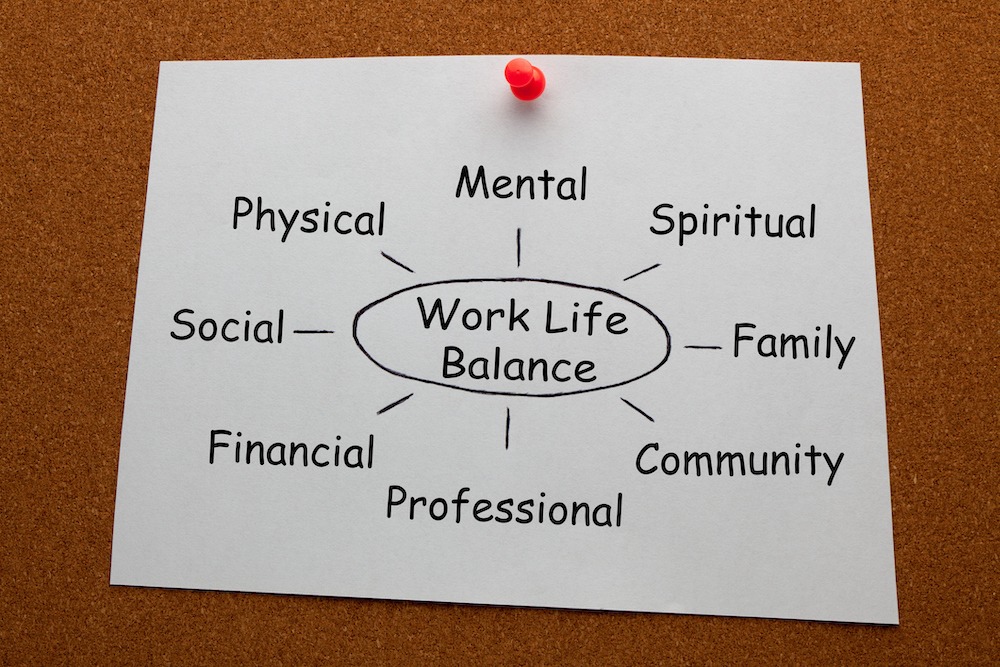Words: Sa Bal
Photo: ogichobanov
Chronic stress can result in depression, anxiety, headaches, insomnia, and irritability among a variety of other symptoms. It, in turn, negatively affects your sleeping and appetite cycle, and degrades your overall health. Unfortunately, stress is prevalent in the construction industry
Thus, to improve work-life balance and introduce appropriate stress management techniques, industries have to employ more effective approaches. As businesses mostly rely on the team’s performance, especially in the construction industry, workers experience high-stress levels. Here we discuss in-depth the underlying causes of stress and low work-life balance in construction industry workers:
What does Addressing Stress Management and Work-Life Balance do?
Introducing suitable techniques for managing work-related stress can improve health by a considerable amount. Here’s why it’s important to discuss these topics in your company:
Addressing such issues helps make working in construction sites safer and more productive.
Your company may conduct an in-depth survey to gain data and statistics that reveal the root cause of stress in your workplace.
Ultimately, managers can offer beneficial methods for lowering stress
What Factors Affect Occupational Stress?
Multiple research reveals that various factors can lead to high occupational stress levels, anxiety, and depression in construction workers. Below are several top reasons workers may suffer from ill-health:
- A lack of adequate privacy and poor temperature controls are two prevalent physical causes of stress.
- Apart from that, adequate ventilation, low-quality office accommodation, low lighting, and high noise levels can lead to health issues.
- On the flip side, inadequate staffing, lack of effective communication and planning combined with ineffective appraisal causes demotivation and poor performance.
- Poor relations with superiors, bullying, crisis management, and interpersonal conflicts were other leading causes of poor health among construction workers.
- Too much or too little work, total work hours, pressure, and deadlines can affect site workers’ emotional, mental, and physical health.
Occupational Stress in the Construction Industry and its Effects
In-depth research by HSE shows that about half a million people in the UK experience occupational stress, leading to various health complications. At least 5 million people in the UK experience ‘extreme’ stress because of their work. Moreover, businesses lost 12.8 million working days due to stress, depression, and anxiety.
It also revealed most of the respondents (68%), suffering from stress and other mental illness, belonged to the construction industry. Moreover, further scrutinizing the results showed that 61.9% of respondents are experiencing stress, while 48.4% suffer from anxiety, and 18.5% with depression.
Not to mention, only 26.6% of those experiencing stress, depression, or anxiety actively seek medical help. Upon further researching and analysis, experts found that:
- 28.6% of those experiencing depression were likely to seek medical help,
- 24.8% of those with anxiety were actively looking for treatments.
- 17.3% of those suffering from anxiety were searching for medical help.
Finally, the survey shows that a mere 6% of those suffering from occupational stress took time off—furthermore, almost 3/4th of the employees were absent for less than a week.
The Repercussions of Poor Work-Life Balance in the Construction Industry
The work-life conflict has a devastating effect on an employee’s productivity and health. It also plays a crucial role in the employees’ mental health, project performance, and turnover rate. Besides, they may also suffer from employee burnout, and decline in family functioning. Therefore, employees need to maintain a work-life balance that will enhance occupational well-being and work productivity.
It has led to the need and popularity of awareness programs catering to a work-life imbalance among construction workers. An array of research regarding low work-life balance reveals the causes, WLB interventions, and initiatives to identify practices that lead to work-life imbalance.
Some Important Factors Related to Work-Life Balance
Amid tight deadlines, strict budgets, and various job responsibilities, your workforce may experience a highly stressful environment. In turn, organizations may notice poor retention rates, low revenue, and a shortage of necessary skill-sets. Thus, to enhance WLB in workplaces, business needs to introduce better practices to:
- Multiple researches show that a healthy work-life balance has a considerable impact on workers’ productivity. Construction workers with a certain amount of flexibility in how they operate tasks can better perform domestic and construction responsibilities.
- Extensive research shows that 69% of employees are likely to remain in a company because of employee benefits. Since a workplace with unhappy employees corresponds to dissatisfactory work, using employee benefits can help expedite revenue.
- Business managers should view proper work-life balance as a critical issue and be more empathic towards their employees. Plus, leaders need to trust their employees to enhance workplace productivity.
Tips to Manage Stress in the Construction Industry
An in-depth study shows that 84.4% of respondents feel that the construction industry doesn’t adequately address mental health issues in the workplace. Another extensive research shows that 46,000 cases of musculoskeletal disorders were due to stress in the construction industry. Here we discuss a variety of ways companies can reduce occupational stress:
- Try meditation to achieve inner peace and mindfulness as it can lower stress levels, improve physical, mental, and emotional health while also enhancing work productivity.
- Curate a day-to-day schedule and prioritize tasks to maintain workload. Moreover, learn to delegate when necessary.
- Ensure eight hours of sleep at night for a rejuvenating and productive day.
- Avoid stimulants, psychoactive drugs, and caffeine to ensure efficiency when at work.
